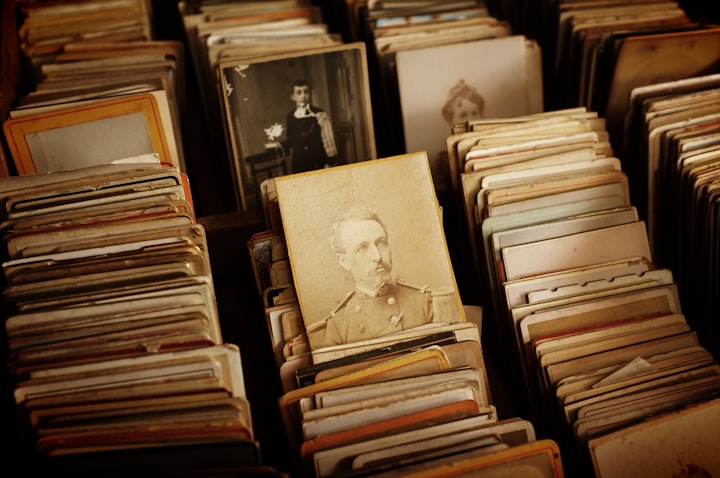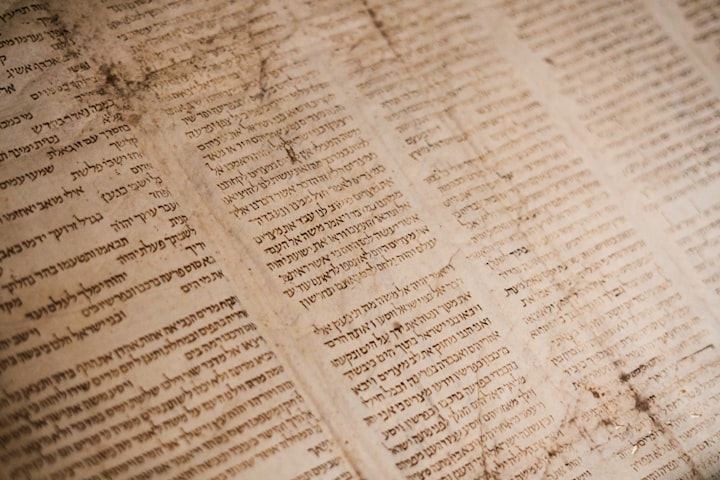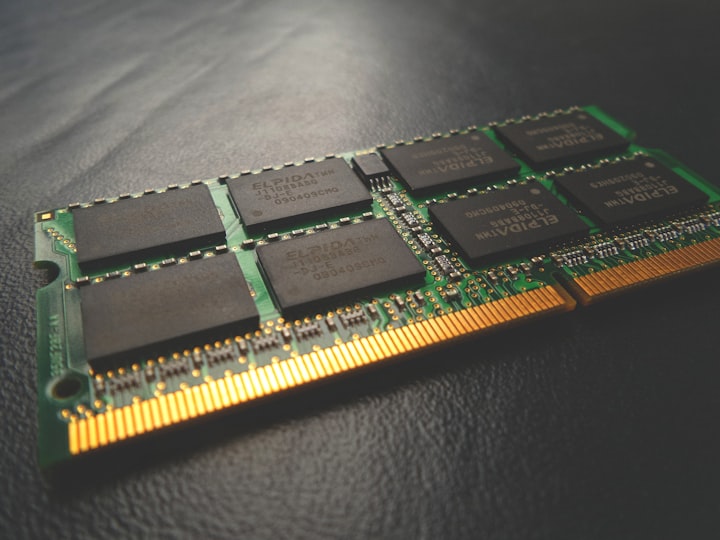History books are primary sources. so are you!
As you read history books, think of yourself as both a primary and secondary source.

History books are primary sources! So are you! What do I mean by that? For certain kinds of history — history of me, you, your community, or town — we are all primary sources. And so is any kind of recorded data, pictures, videos, etc. From hair styles to pop music to politics and religion — whatever happened in the past that involved people — those people were a part of it which means there is plenty to record and preserve (in a way that can be retrieved later).
I believe that history books are primary sources.
History books are primary sources. so are you! History books are primary sources. So are you! A primary source is the first hand account of an event or situation. It can be written, oral, visual (paintings, sculpture) or even archaeological material (pottery fragments). The most important aspect of a primary source is that it was created at the time when an event occurred and therefore provides an eyewitness account of what happened.
A secondary source is a work that interprets, analyzes or summarizes someone else's work. These works may include things like biographies, historical studies and newspaper articles. Secondary sources may also include information from primary sources but they do not provide original evidence about an event. A secondary source provides an interpretation or analysis of something that happened but it does not include actual evidence that can be used to prove what happened.
The reason why history books are primary sources is because they were written by the people who lived in that time period.
History books are primary sources. so are you! The reason why history books are primary sources is because they were written by the people who lived in that time period. These people have firsthand experience of what happened and they know more than someone who is just reading about them.
History books are like our personal memoirs, but we don't write them down ourselves. Instead, historians get to interview us and then write down what we said. That way, our story gets preserved for future generations and other people can read about it. But not all history books are created equal!
Some history books tell only one person's story, while others include multiple perspectives from many different people. This can affect how accurate the information is and how much bias there is in the book itself. For example, if someone writes a book about World War II from their own perspective as an American soldier fighting against Japan, they might be biased towards America winning the war or being sympathetic towards Japan because they lost so many lives fighting against them too.
Just because a book is made later than the event does not mean it is not a primary source.
There are two types of sources: primary sources and secondary sources. A primary source is something that was created at the time of an event by someone who participated in or witnessed it. A secondary source is something that was created later, by someone who did not witness or participate in the event.
The use of books as history resources is somewhat controversial among historians. Some argue that only things written at the time an event happened should be considered "historical facts" (primary sources), while others argue that books can be just as useful as primary sources and should be included in historical research.
Just because a book is made later than the event does not mean it is not a primary source. When someone writes about what happened in their own words, they are creating a primary source — even if they wrote it down years after the fact!
You, like history books, are also a primary source!
I've been asked to write a post on what makes history books primary sources. This is a great question, and it's one that seems to come up a lot. Are history books primary sources? The answer is yes! And no. History books are not just primary sources — they are also secondary sources.
What does that mean? Well, it means that you should treat them like any other source when you're reading and citing them in your paper. You should always check the original source material before citing secondary sources (like history books). I know this sounds obvious, but it's amazing how many people don't do this!
If you're planning on citing something from a textbook or nonfiction book, then you should definitely check the original work before citing it in your paper. If there's no citation or bibliography at the end of the chapter or section of the book that you're using, then chances are pretty good that they didn't bother checking the original sources either!
So basically you cannot judge something as a primary or secondary source based on when it was written or produced.
In order to answer the question "are history books primary sources" we need to first define what a primary source is. A primary source is any document, artifact or record that was created during the time of an event by someone who was present. This can be a diary entry, a letter written by someone who was at the scene of an event or even a photograph taken by someone who was there.
Secondary sources are those documents, artifacts or records which were not created during the time of an event but rather after its occurrence. Examples include biographies and histories written about famous people or events long after they have passed away. So basically you cannot judge something as a primary or secondary source based on when it was written or produced.
Instead you must look at what it says and how it says it. If someone writes about their experience at Woodstock then this would be considered a primary source since they were there and witnessed everything that happened firsthand. However if someone wrote about Woodstock years later based on interviews with people who were there then this would be considered a secondary source because they were not present during the festival itself.
To be a secondary source, being made after the fact isn't necessary but its suffice to say that it is an interpretation of other sources.
History books are primary sources. so are you! To be a secondary source, being made after the fact isn't necessary but its suffice to say that it is an interpretation of other sources. A secondary source can also be a primary source but that makes it both, which is confusing.
So if you have an opinion on history, your opinion counts as a primary source and if you read about someone else's opinion on history then that's a secondary source. If you're in school and you're reading for example about Alexander the Great, it doesn't matter if you're reading about him from Herodotus' Histories or Plutarch's Life of Alexander; neither of those is primary, they're both secondary because they were written long after Alexander died.
In school we also learn about how historians use different kinds of evidence to write their books. There are primary sources like letters, diaries and journals (these are called 'sources' because they come from somewhere), there are documents like treaties and laws (also called 'sources') and there are historical documents like newspaper articles or letters written by other people which weren't written for our benefit but for theirs (those are called 'documents').
In a nutshell
Yes, you are a primary source. So are your essays and your blog posts. So are your tweets and your Facebook updates. Each of them is an original first-hand account of history. And that's pretty cool! History books may be higher up in the hierarchy because they were produced on a grander scale, but that doesn't make them any more different (and it certainly doesn't make them any more accurate).
About the Creator
Hector Allemand
📒 Passionate about writing! 😍 Fan of the history, outdoors, dogs, dancing and music. 🤔 life is too short to not write...






Comments
There are no comments for this story
Be the first to respond and start the conversation.